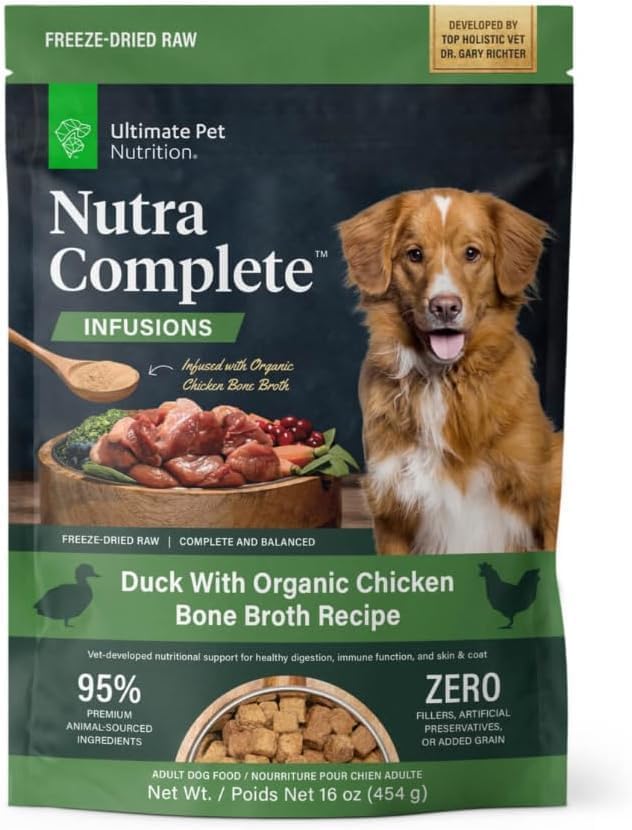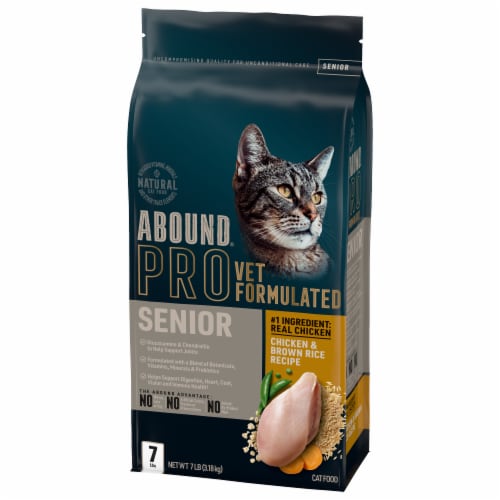
Vet-Formulated Dry Food for Reptiles: A Comprehensive Guide
The realm of reptile care has evolved dramatically in recent years, with a growing emphasis on providing optimal nutrition for these fascinating creatures. While fresh, whole foods remain a cornerstone of a healthy reptile diet, vet-formulated dry food has emerged as a valuable and convenient option, particularly for busy reptile owners or those seeking to ensure their pets receive a balanced and complete nutritional profile. This article explores the benefits, ingredients, considerations, and future of vet-formulated dry food for reptiles.
The Rise of Vet-Formulated Diets
Traditionally, reptile diets were often based on trial and error, relying on anecdotal evidence and readily available insects or vegetables. However, as our understanding of reptile physiology and nutritional needs has deepened, the importance of scientifically formulated diets has become increasingly apparent. Vet-formulated dry foods are designed by veterinary nutritionists and herpetologists, taking into account the specific dietary requirements of different reptile species. This meticulous approach aims to address potential nutrient deficiencies and promote overall health and well-being.
Benefits of Vet-Formulated Dry Food
Vet-formulated dry food offers a range of benefits for both reptiles and their owners:
-
Complete and Balanced Nutrition: One of the primary advantages is the assurance of a complete and balanced diet. These foods are formulated to provide the optimal ratios of protein, carbohydrates, fats, vitamins, and minerals necessary for healthy growth, reproduction, and overall vitality. This eliminates the guesswork and potential for nutritional imbalances associated with homemade diets.
-
Convenience and Consistency: Dry food offers unparalleled convenience for reptile owners. It eliminates the need for frequent trips to the pet store for live insects or the time-consuming preparation of fresh vegetables. Moreover, the consistent nutrient profile of dry food ensures that reptiles receive the same nutritional value with every meal, minimizing dietary fluctuations.
-
Reduced Risk of Parasites and Bacteria: Live insects can sometimes carry parasites or bacteria that can harm reptiles. Vet-formulated dry food is processed to minimize the risk of contamination, providing a safer alternative to live prey.
-
Enhanced Palatability: Many vet-formulated dry foods are designed to be highly palatable to reptiles. They often incorporate natural flavors and attractants that entice even picky eaters to consume them.
-
Improved Dental Health: The texture of some dry foods can help to promote dental health by reducing tartar buildup and strengthening teeth.
-
Long Shelf Life: Dry food has a significantly longer shelf life compared to fresh foods, making it a cost-effective and practical option for reptile owners.
-
Supplementation Simplification: Vet-formulated foods often already include essential supplements that would otherwise need to be added to the diet. This streamlines the feeding process and ensures proper dosages.
Key Ingredients in Vet-Formulated Dry Food
The specific ingredients in vet-formulated dry food will vary depending on the target reptile species and the manufacturer’s formulation. However, some common ingredients include:
-
Protein Sources: Protein is essential for muscle growth, tissue repair, and overall health. Common protein sources include insect meal (crickets, mealworms, black soldier fly larvae), plant-based proteins (soybean meal, pea protein), and occasionally, animal-based proteins (fish meal, poultry meal) in formulas designed for carnivorous or omnivorous reptiles.
-
Carbohydrates: Carbohydrates provide energy for reptiles. Common sources include grains (corn, wheat, rice), vegetables (sweet potato, pumpkin), and fruits (apples, berries).
-
Fats: Fats are essential for hormone production, cell function, and energy storage. Common sources include plant-based oils (soybean oil, flaxseed oil) and animal-based fats (fish oil).
-
Vitamins and Minerals: A comprehensive blend of vitamins and minerals is crucial for overall health and well-being. This includes vitamins A, D3, E, B vitamins, calcium, phosphorus, and trace minerals.
-
Fiber: Fiber promotes digestive health and helps to prevent constipation. Common sources include beet pulp, cellulose, and various vegetable fibers.
-
Probiotics and Prebiotics: Some vet-formulated foods contain probiotics (beneficial bacteria) and prebiotics (food for beneficial bacteria) to support a healthy gut microbiome.
-
Natural Preservatives: To maintain freshness and prevent spoilage, natural preservatives such as vitamin E (tocopherols) and rosemary extract are often used.
Choosing the Right Vet-Formulated Dry Food
Selecting the appropriate vet-formulated dry food for your reptile requires careful consideration:
-
Species-Specificity: The most important factor is to choose a food that is specifically formulated for your reptile species. Different species have vastly different dietary needs. For example, a bearded dragon requires a diet that is different from a leopard gecko.
-
Life Stage: Consider your reptile’s life stage (juvenile, adult, senior). Juveniles require a higher protein and calcium intake for growth, while senior reptiles may benefit from a lower-calorie diet.
-
Ingredient Quality: Opt for foods that use high-quality, recognizable ingredients. Avoid foods that contain excessive fillers, artificial colors, or preservatives.
-
Veterinarian Recommendation: Consult with a veterinarian or herpetologist for personalized recommendations. They can assess your reptile’s individual needs and recommend the most appropriate diet.
-
Research the Brand: Choose a reputable brand with a proven track record of producing high-quality reptile food. Look for brands that conduct research and development to ensure the nutritional adequacy of their products.
-
Read Reviews: Online reviews from other reptile owners can provide valuable insights into the palatability and effectiveness of different dry food brands.
Transitioning to Dry Food
Introducing dry food to a reptile’s diet should be done gradually. Start by mixing a small amount of dry food with their regular food and gradually increase the proportion of dry food over several weeks. Offer fresh water at all times. If your reptile is reluctant to eat the dry food, try moistening it with water or fruit juice to enhance its palatability.
Supplementation Considerations
While vet-formulated dry food is designed to provide complete nutrition, some reptiles may still benefit from supplementation, particularly calcium and vitamin D3. This is especially important for reptiles that are not exposed to adequate UVB lighting, which is necessary for vitamin D3 synthesis. Consult with a veterinarian to determine if supplementation is necessary for your reptile.
The Future of Vet-Formulated Dry Food
The future of vet-formulated dry food for reptiles is promising. Ongoing research is focused on developing even more species-specific diets that cater to the unique needs of individual reptile species. Advances in ingredient sourcing and processing techniques are also leading to more palatable and nutritious dry foods. The use of sustainable and ethically sourced ingredients is also gaining traction in the industry.
Conclusion
Vet-formulated dry food offers a convenient and nutritionally sound option for reptile owners. By providing a complete and balanced diet, reducing the risk of parasites and bacteria, and offering enhanced palatability, these foods can contribute to the overall health and well-being of reptiles. Choosing the right vet-formulated dry food requires careful consideration of species-specificity, life stage, ingredient quality, and veterinary recommendations. With ongoing research and development, vet-formulated dry food is poised to play an increasingly important role in reptile nutrition in the years to come. Always consult with a veterinarian or herpetologist for personalized advice on your reptile’s dietary needs.

